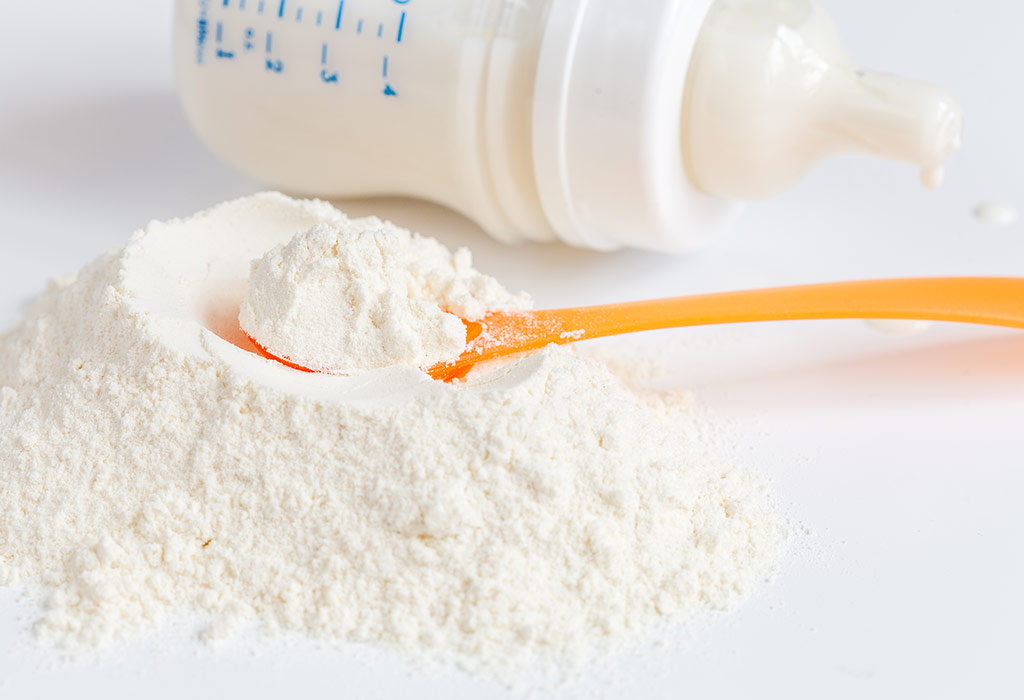
Babies are such a wonderful addition to a family. With the new giggles and laughter, followed by cries, and then snuggles. Prior to becoming new parents, feeding your baby may seem like a simple task, and then reality strikes. Moms that are unable to breastfeed must now research formula, and parents that planned to formula feed from the start might have bad experiences with the formula they are using. Regardless of the situation and how you stumbled upon this article, hopefully, our few pointers can help you with your search for the best formula for your baby. And if you want the best options in your search, click here.
Table of Contents
1. Research

img source: sarussell.com
Okay, by reading this article you are already accomplishing this task – so nice work! There is plenty of information on each of the baby formula brand websites such as blog.sellformula.com to help you identify what is inside the baby formula. Of course, simply knowing what is inside the formula is only the first task. The next step is to google each of those ingredients and find out how these ingredients could either hurt or harm your baby. It may seem scary, but yes there are ingredients inside of baby formula that could be harmful to proper growth and development – so be cautious.
If you are looking into the popular fad of European formulas, make sure you research the company. This means examining the product pages, and the information they provide. Do they have blog articles with useful tips and information that help your knowledge base? This is always a great sign! How is the customer service team – can they quickly answer your questions and provide you with useful resources in your formula journey? Remember, European formula is imported from overseas, so not all the labels are in English, so having useful information on each product is important.
2. Speak with your Pediatrician

img source: hopkinsmedicine.org
Word of caution here, not all pediatricians know everything. Some might be more knowledgeable in the baby formula world than others. Understand that they need to learn a ton of different topics to become doctors, so having a basic understanding of formula vs knowing the latest research is something you have to ask about. For example, if your pediatrician automatically tells you to just buy the formula on the shelf at the local grocery store, you may want to reconsider.
One of the best things you can do as a parent for other parents provides the research to your pediatrician that you may have found. And this applies to areas outside of feeding as well. With the constant changes in studies and research in the medical field, the information your pediatrician may have could be outdated. There is a proper way to share this information; however, so telling them they are wrong and providing the research may not be the most positive method.
If your pediatrician tells you something you may question, this is when you simply say, “I was researching this as well, and found xyz articles. Could you please help me decipher these with your medical knowledge? I would love to hear your opinion.” In this case, you open the doctor up to learning new things and examining them from their medical perspective.
If all else fails and your pediatrician isn’t open to hearing what you have to say or considering your thoughts, it may not be the best fit – and that’s okay.
3. Learn your Baby

img source: scholastic.com
This seems silly to say, but it’s hard to know which formula your baby will do best with if you don’t pay attention to everything your baby does during and after feeding. Perhaps your baby has a sensitivity to cow’s milk lactose and gets small rashes after each feeding. If you switch to goat’s milk formula and the rashes are still appearing, then it could be an ingredient. This is where you have to become the detective and advocate for your baby and really dig into each and every reaction/ingredient.
As mentioned previously, this also means open communication with your pediatrician, and if the pediatrician isn’t being helpful, it’s okay to find a new one (they are not all created equally and may not have the understanding/care/patience you need).
On the other spectrum, your baby may not react/act differently on any of the changes in the formulas you give. If you have decided to change the formula for cleaner ingredients, and your baby takes that formula just like any formula from before – then there is nothing to be concerned about. Look at the formula switch as peace of mind for you and your baby’s future.
Also, many babies do much better on the cleaner formulas than previously and you may not notice the differences immediately. Paying attention to your baby in the following weeks you might notice changes like more consistent stools and less spit-up, even less agitation, but it’s not an absolute!
4. Be Patient

img source: newschant.com
Everything in the parenting realm pulls at your patience levels. So naturally, the formula search is one of those common experiences among parents. If you get lucky enough to find a formula your baby likes with ingredients you approve of right from the beginning, just be understanding to other parents who didn’t get that lucky. If you have tried three other formulas and are feeling desperate for the solution, be patient with yourself and your baby, there is still something that will work. And understand your baby is only a baby for a year – so this too shall pass.
Final Thoughts
The tips we provided are for your sanity and guidance, and hopefully to help you think about choosing formula in a slightly different approach than most other articles you have read so far. Most importantly for parents is to take all things you read and hear at face value, even this article can be approached this way. Science is constantly evolving and what was the best advice 50 years ago in some areas is super dangerous and awful!
If you consistently look into each and every topic that’s important to your baby/children’s growth and development, then you are on the right track. Yes, that means mindless scrolling on social media may need to take a few minutes each day in the backseat. But your children will thank you for the benefits!
Still looking into more things your child may need and you didn’t know it? Check out our 4 suggestions here.







